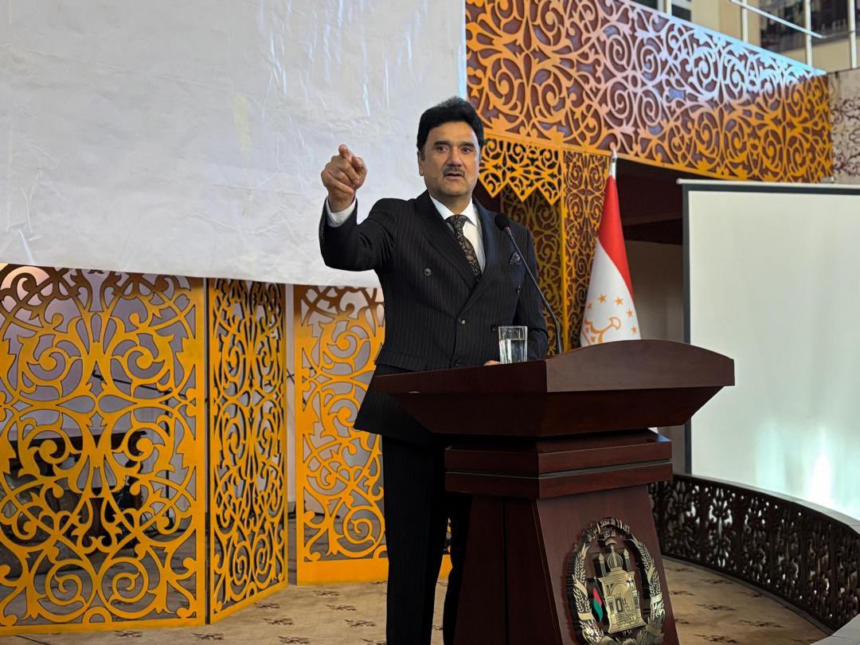RASC News Agency: U.S. Congressman Tim Burchett, a Republican member of the House of Representatives, extended an invitation on Wednesday to Zahir Aghbar, Afghanistan’s ambassador to Tajikistan, to visit the United States. Burchett hailed Aghbar as a steadfast and courageous figure who has resolutely resisted the Taliban’s terrorist regime, preventing the Afghanistan’s embassy in Dushanbe from falling under the group’s control. He further underscored that Aghbar remains committed to serving as Afghanistan’s legitimate envoy in Tajikistan, despite the Taliban’s takeover of Kabul.
The congressman also highlighted his longstanding efforts in supporting anti-Taliban leaders by arranging meetings with U.S. officials. Among them are Ahmad Massoud, leader of the National Resistance Front, and Amrullah Saleh, Afghanistan’s former Vice President. Burchett reiterated his commitment to amplifying the voices of Taliban opposition groups on the global stage and advocating for increased international support. As an outspoken supporter of the National Resistance Front, Burchett has repeatedly voiced concerns over the Taliban’s attempts to expand their influence into neighboring states, particularly Tajikistan. He has consistently called for stronger backing of individuals and movements actively resisting the Taliban’s oppressive rule.
Despite Washington’s reluctance to extend formal political support to anti-Taliban forces and its ongoing policy of limited engagement with the regime, Burchett remains dedicated to fostering dialogue between Taliban opposition figures and U.S. policymakers. Meanwhile, American officials continue to classify the Taliban as a terrorist organization, with recent developments including the negotiated release of several U.S. citizens previously detained by the group. The Biden administration’s measured approach toward the Taliban especially in relation to securing hostage releases and the controversial removal of a bounty on Sirajuddin Haqqani has further exacerbated divisions within U.S. foreign policy. These moves continue to spark debates over Washington’s broader stance on the Taliban and its long-term strategy in the region.






